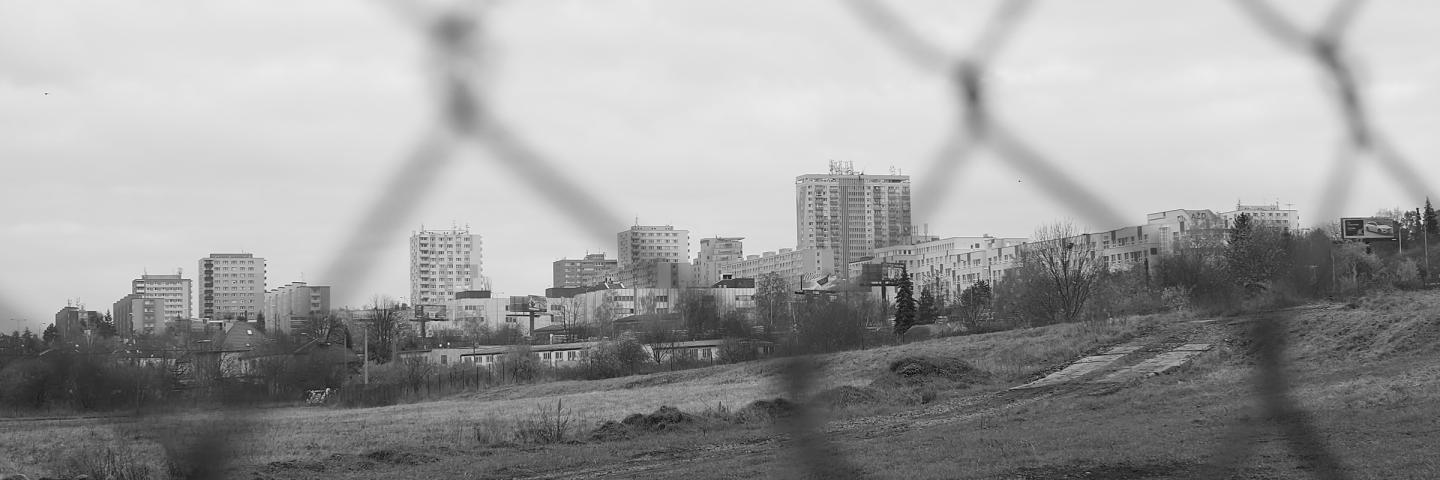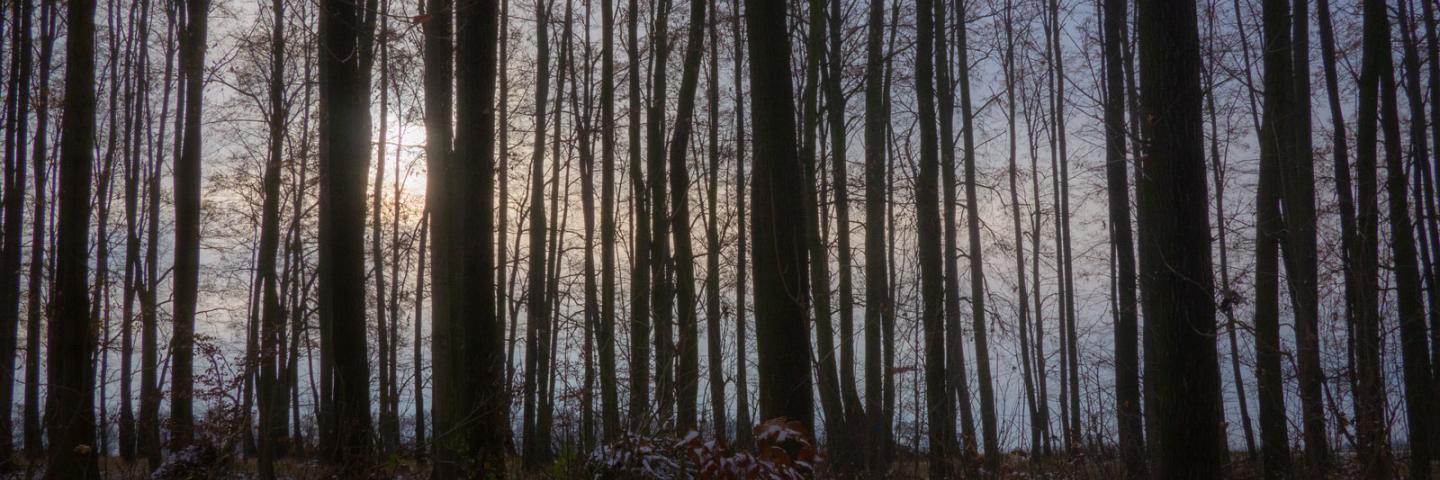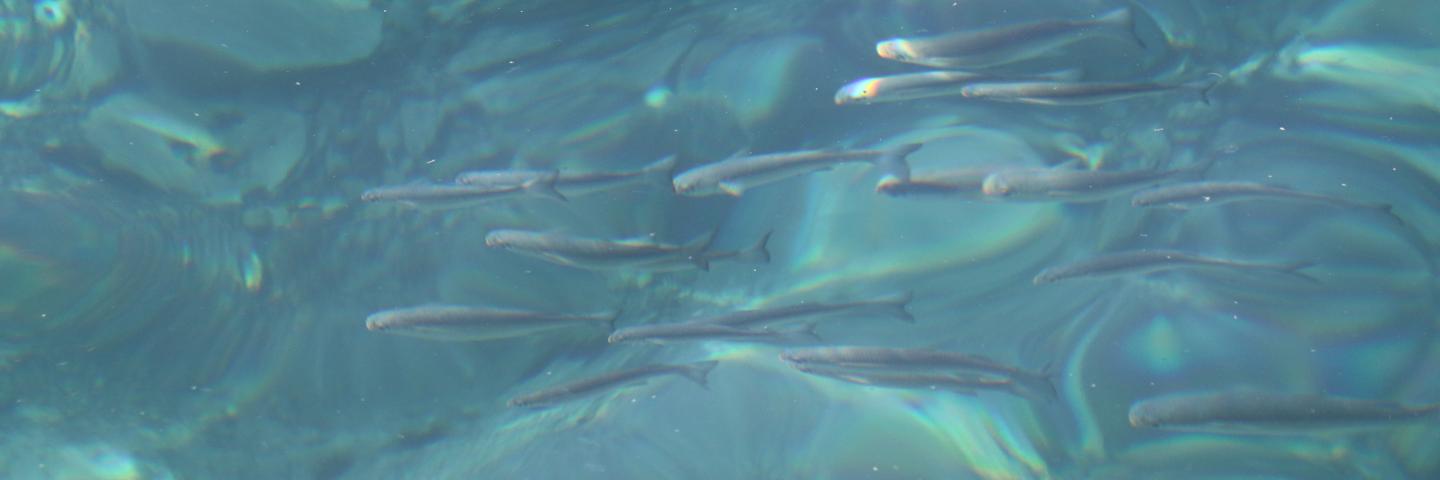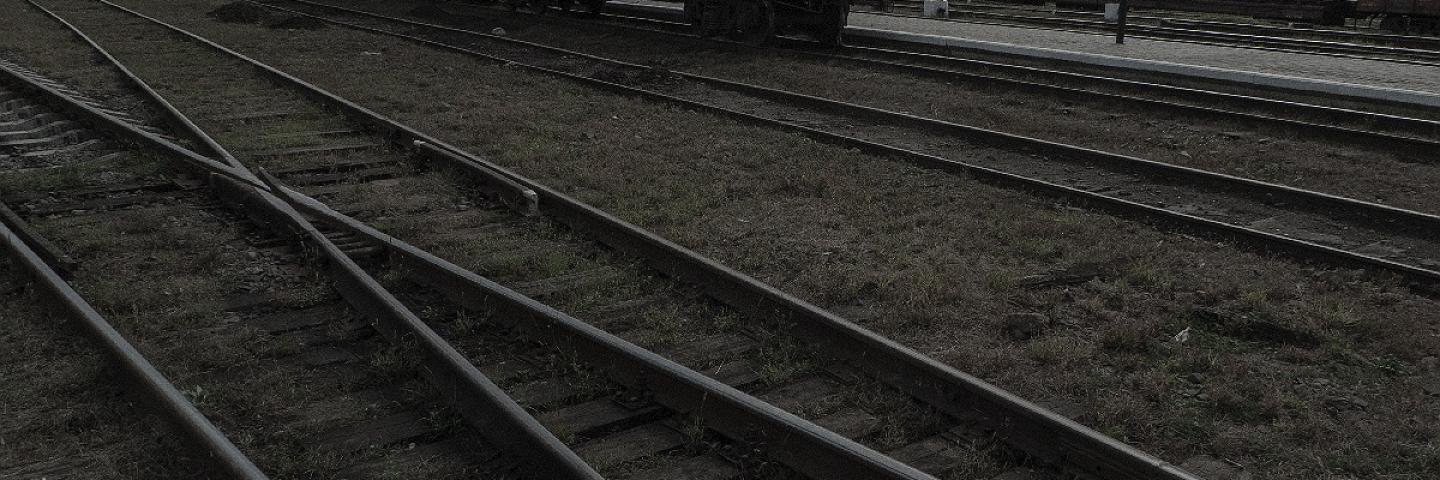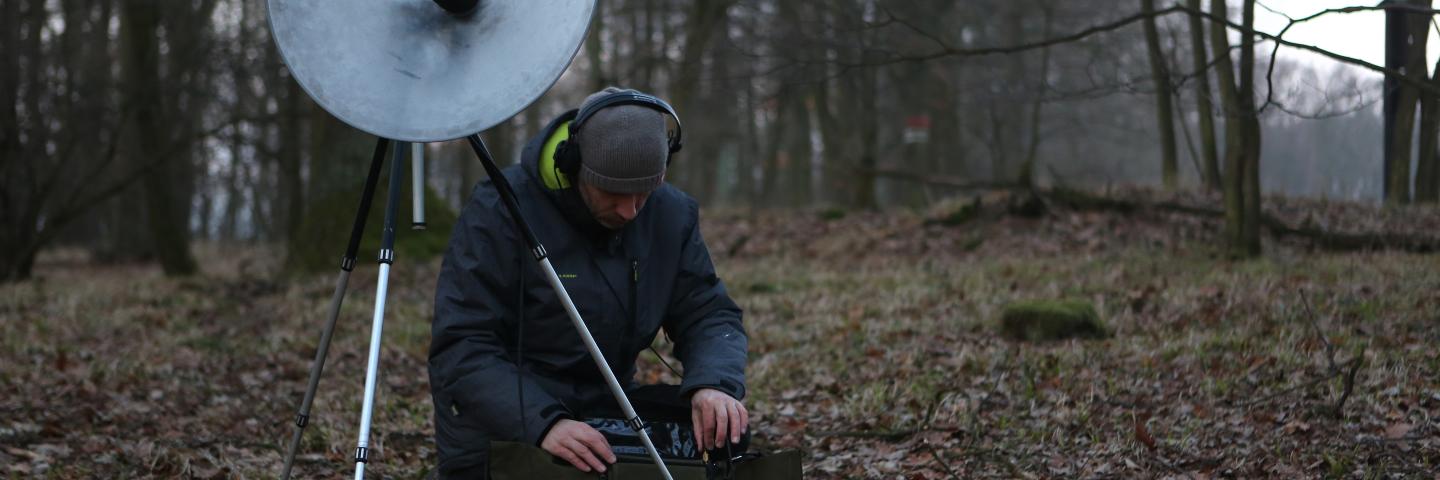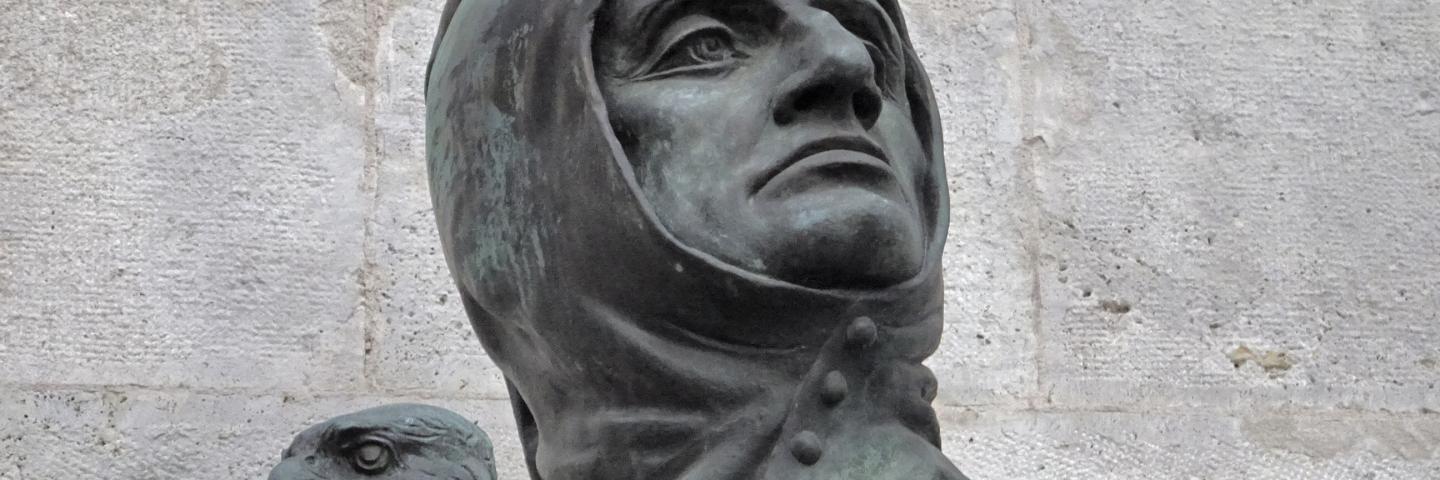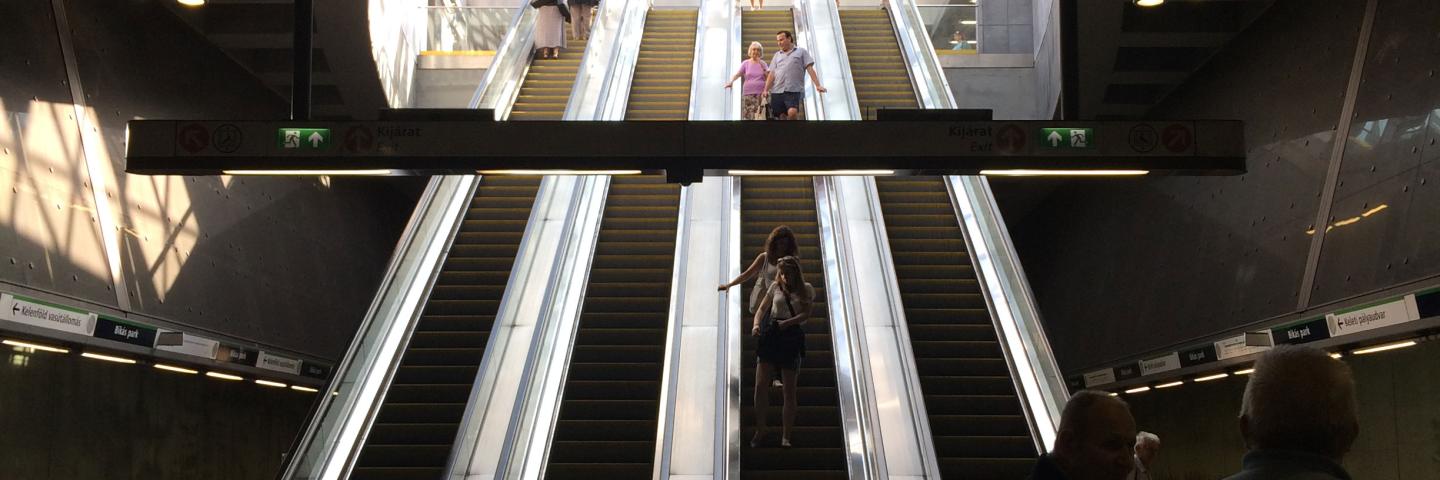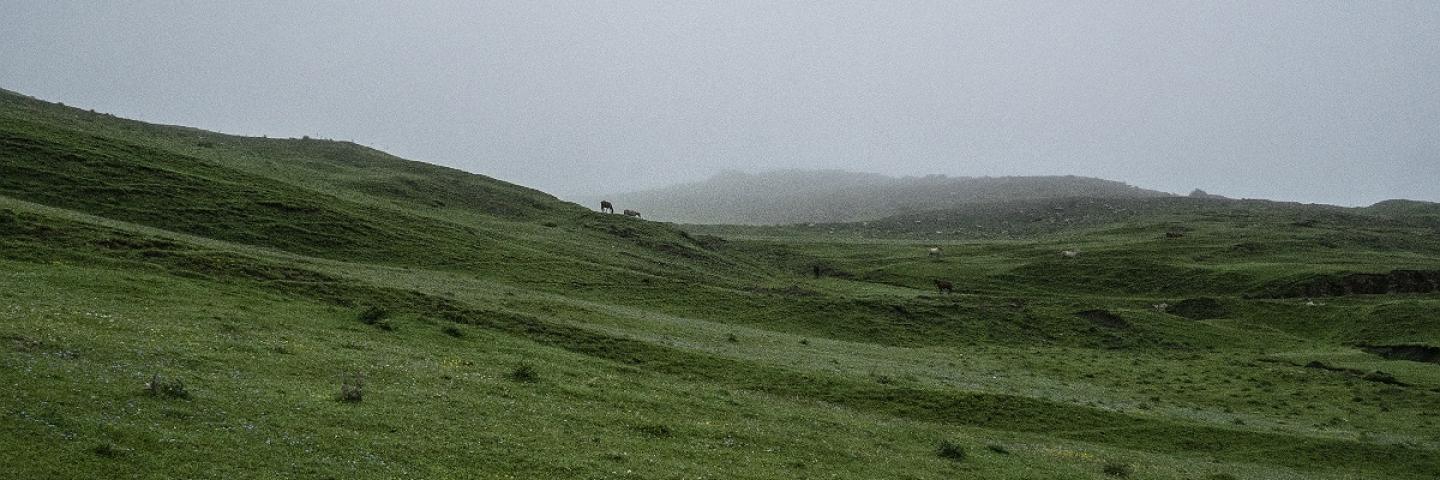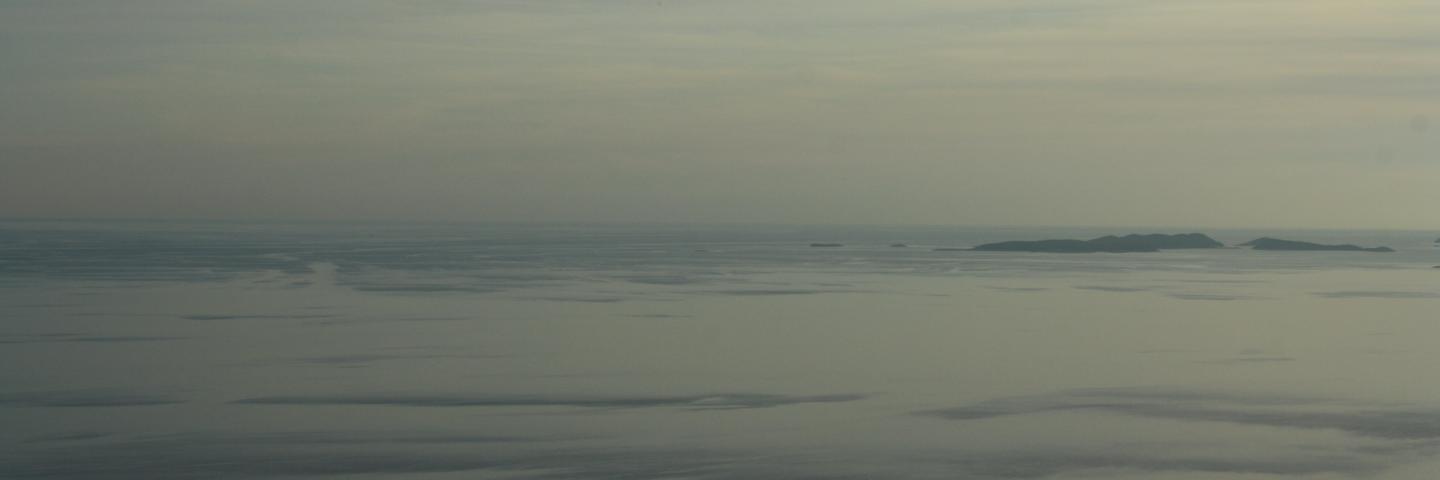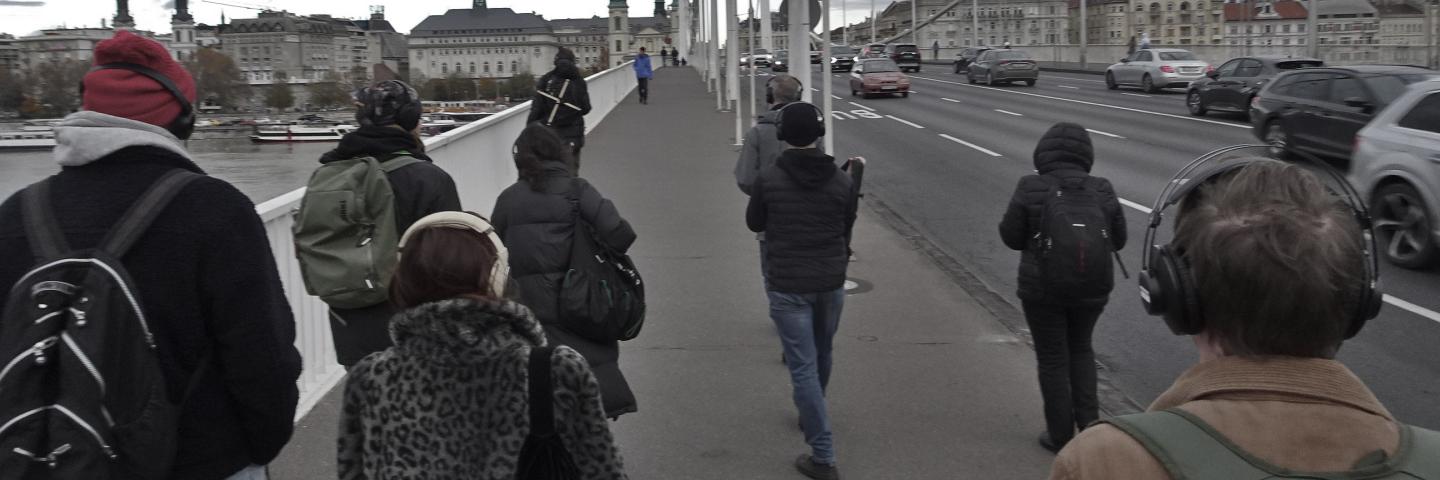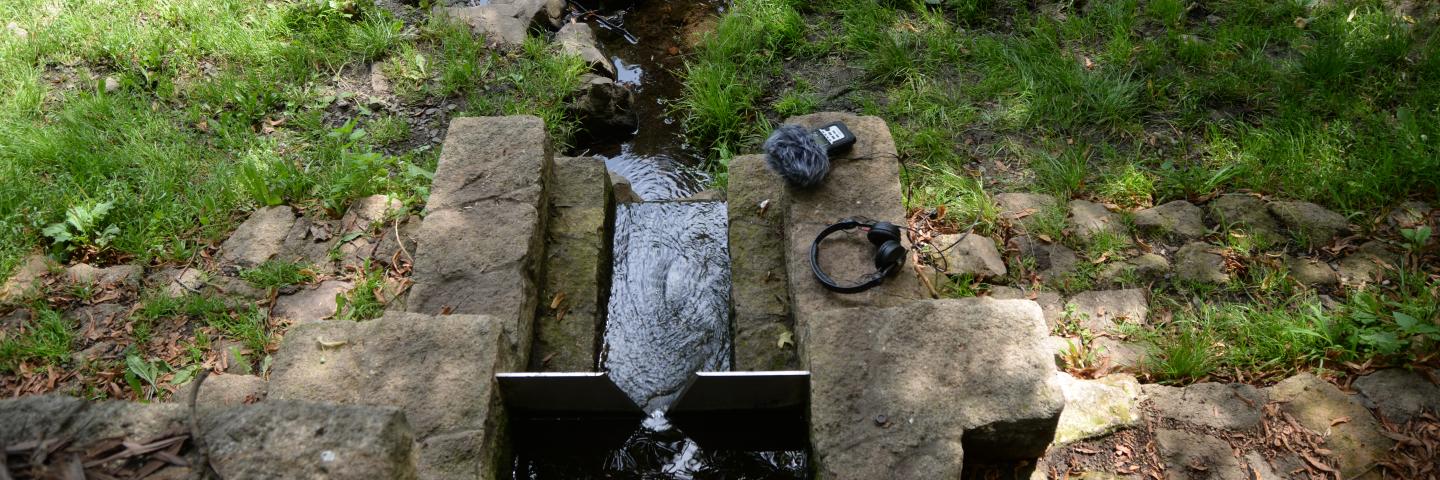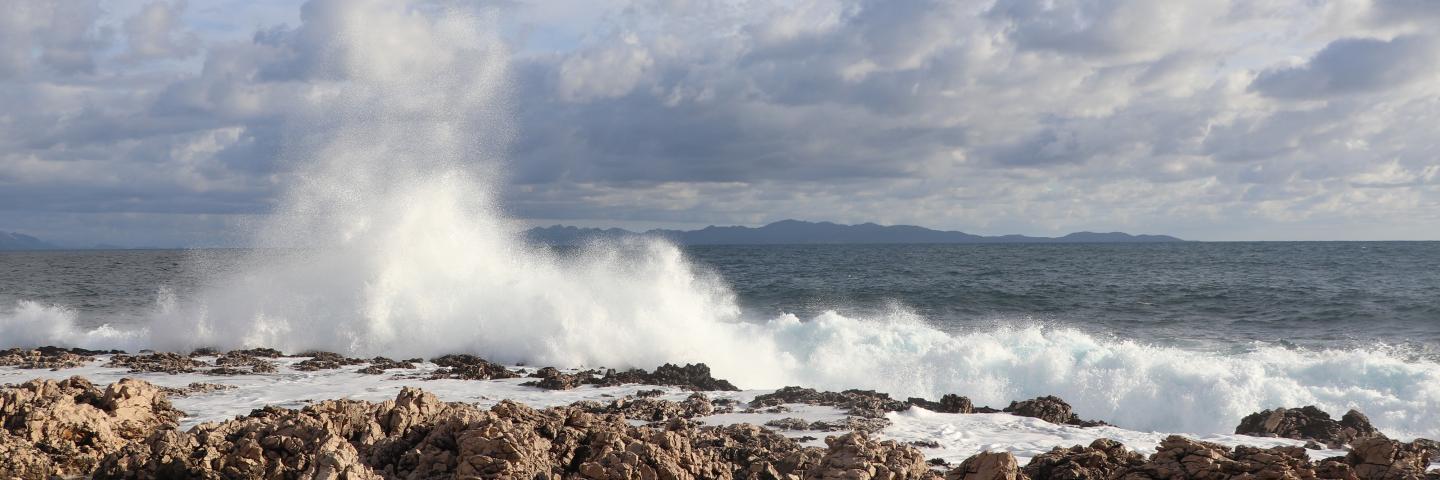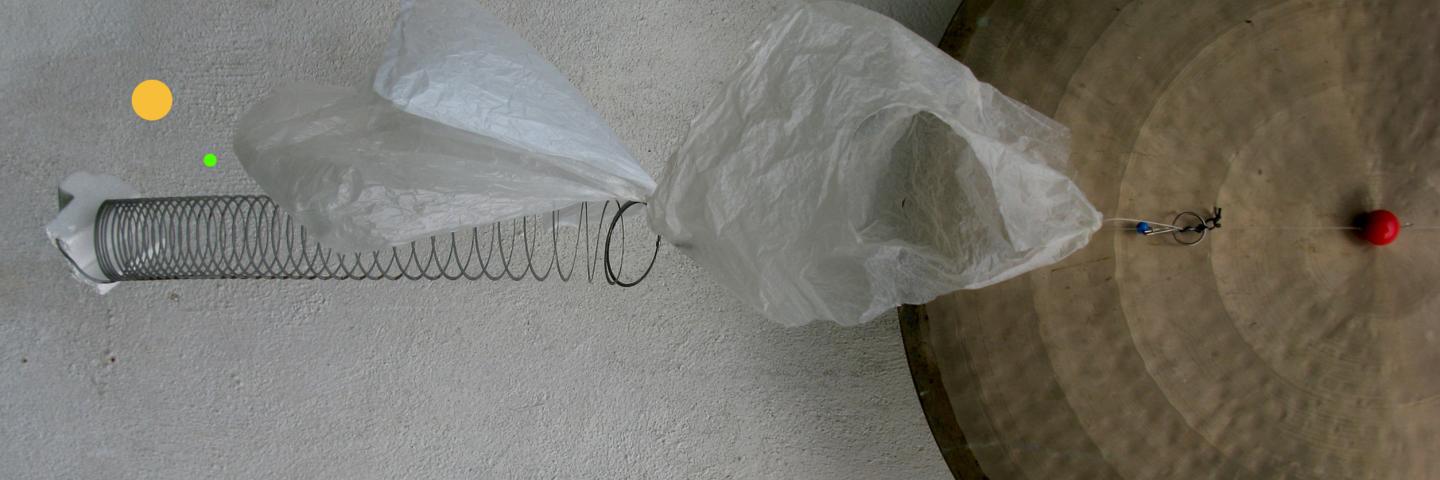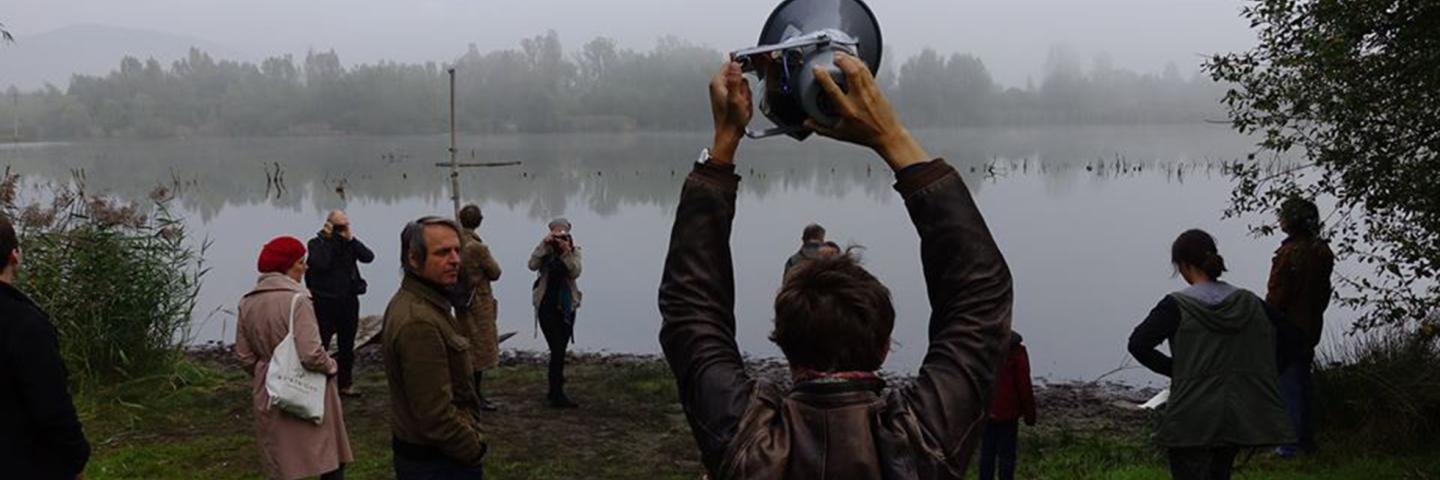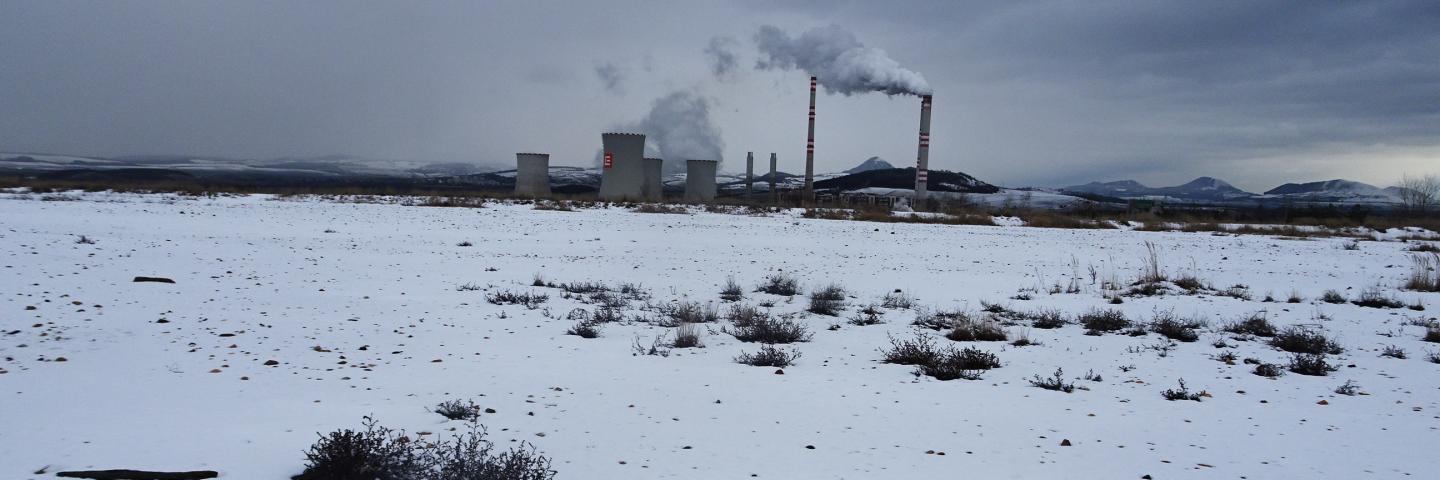Silent Manifesto
Listening will help us reconnect to the environment. If we can understand what listening can do to reconnect us to our environment, we can understand what's happening to our environment.
Hildegard Westerkamp
We, the attendees of the Central European Network for Sonic Ecologies (CENSE) conference in Budapest, believe that now is the time to join together as a network of individual voices coming from various backgrounds, such as art, music, natural science, the humanities, environmental studies, activism, and the like. In these times of global environmental peril we propose this new network to fill a need, that of fostering more perceptive and conscious ideas and solutions, addressing developments in the social and cultural fields of Europe.
We accept the framework of sonic ecologies, which strives to bring about positive social, political and environmental change. In so doing, we emphasize the role of sound and listening, in the broadest sense of those terms, in understanding the world and our current fragile situation in it.
The title Silent Manifesto is an oxymoron, serving to refer to ongoing, endemic changes in our sonic landscapes. As a result of ubiquitous noise from industrialisation, from agriculture, and the chemicalization of the environment, there now prevails a rapid degradation in the variety and health of species, and we are therefore facing the quiet transformation of the living and singing landscape into a toxic desert.
We believe that the field of sonic ecologies, like sound in general, is transdisciplinary, holistic, beyond national borders or gender, and unaligned in its essence. Our approach to realizing the importance of sonic ecologies includes the following:
interdisciplinary research and practice in the arts and the cultural management, and its global dissemination;
the introduction, conceptualization and promotion of innovative frameworks for institutional and community research and education; and
a socially and culturally engaged advocacy for the realization of policy making, as well as the civil monitoring of any enacted policies that protect threatened ecologies in any place on Earth, especially in the area of Central Europe.
In the CENSE network, the position of the artist, researcher or educator working within the framework of sonic ecologies disengages from a solitary individual practice. The artist emerges into a broad array of possible practices, dedicated to the development of a community and interdisciplinary consciousness, urging a much needed transformation of the prevailing and problematic attitudes towards our environment and the safeguarding of all of nature, including ourselves.
We emphasize sonic ecologies as a conception analogous to networks of living organisms and objects existing in complex relationships with the environment, where technology is interwoven into almost every sector of a contemporary world that nonetheless remains closely tied to nature. At the center of this conception we examine resonances and sonic manifestations as evidence for an omnipresent array of things. The means of listening gives us a key to revealing subtle consonances or imbalances during our interactions, individual or collective, with the world as it is.
Furthermore, embedded in the vast and incomprehensible sphere that encompasses all of nature, even that which is detectable neither by human senses nor instruments, we propose an enlargement of existing notions of culture.
Further, we aim to examine various forms of resistance, and the deconstruction and de-contextualization of power structures as yet another subject of sonic ecologies. With this political agenda in mind, the interconnected arenas of action may embrace science, network culture, data, site-specific art, technology, advocacy and social interaction, reflecting a broad spectrum of interests.
CENSE is established to foster, support and move forward such interactions through the means of the framework of sonic ecologies.
